Summary
- Concrete Utopia is a South Korean Oscar entry that combines mainstream disaster movie content with psychological terror and societal commentary.
- The film portrays a dystopian society devastated by a natural disaster, where residents must barter for food and deal with trespassers in their apartment building.
- The story follows a morally ambiguous quest to rid the complex of outsiders, led by a mysterious resident, and features unexpected twists and a horrifying flashback sequence.
With a first-rate title like Concrete Utopia, expectations for South Korea’s Oscar entry this year are already peaking. Then you hear that it’s helmed by Um Tae-hwa, acclaimed director of Vanishing Time: A Boy Who Returned (2017), and your curiosity might just spike even more. Korean cinematic masterpieces are aplenty, and Concrete Utopia could perhaps be added to this elite list. Sure, it’s somewhat mainstream, more commercial content, but its layers of psychological terror and statements on society make the end result a no-brainer for an Academy Award submission.
‘Rescue Team Will Come Soon’ — Not
Despite the overall dystopian nature of Concrete Utopia, things start upbeat with a lively introductory sequence that shows a commonality in South Korean culture: televised commercials that promote individual apartment complexes. Then the intro casually transitions to a horrific natural disaster that wreaks havoc on Seoul in the distance. Fade out, and we’re now days — or weeks? — into the future, where society looks like anything but a “utopia.” That’s not to say the accompanying soundtrack throughout the film doesn’t remain upbeat quite often, to thrilling and sometimes darkly comedic effect.
“A rescue team will come soon,” Min-sung (Park Seo-joon) tells his partner, Myung-hwa (Park Bo-young), as they hide out in their dark, freezing-cold apartment inside a massive complex that appears to be the only one left after the aforementioned earthquake struck. “We should have gone to Walmart last weekend like I said,” she tells Min-sung — a sentiment we can all relate to, even in a first-world-problem sort of way.
Related: Best ’90s Disaster Movies, Ranked
Then comes the ultimate metaphor: cockroaches. The seemingly hopeless tenants, while bartering and trading among themselves for food and supplies inside this sort of apocalyptic society, accidentally unleash a hidden army of the icky bugs. They ask each other, “Are they American or German?” as the roaches spread across the building’s floors. It’s a terrifying sight, and the term “roach” will be cleverly used by characters later in the tale…
But in the meantime, the tenants try to make do with what they have, as literal “outsiders” try to camp out on their property since they have nowhere else to go. The building’s conflicted manager, Keum-ae (the terrific Kim Sun-young), tries to organize a Council of sorts to decide how to handle their trespassers. “Should they stay or should they go,” as the pop song goes (kind of).
Ever Felt Like an Outsider?
The rest of this gripping, psychologically exhausting thriller plays out as a morally bound quest, as the little community tries to decide what is right and what is, well, inhumane? It’s freezing cold outside (why wouldn’t it be?), so the outsiders can’t exactly sunbathe once evicted from the premises.
Enter mysterious resident Yeong-tak, played to perfection by Lee Byung-hun, who Netflix fans will recognize from that little-known show called Squid Game. He is elected the Council’s delegate and spearheads the difficult process of ridding their complex of everyone who doesn’t have a signed lease to their name. Of course, there is pushback, but Yeong-tak is just the man for the job. Don’t even bother whacking him in the head with a metal pipe — he’ll stay on his feet and fight back through blood-streaked eyeballs. It’s a horrific sight, but once the outsiders are scared off, the complex starts to operate like a content little community of sorts.
Related: The 10 Best Dystopian Horror Movies of All Time, Ranked
And this is where more of that black comedy returns, as the characters soon seem to stage one of those TV commercials promoting their new-and-improved “concrete utopia” amid the rest of Seoul’s rubble. It’s a clever, fourth-wall-breaking sequence that would make fans of Deadpool proud. But then the purposefully cheesy music dies away — along with a party sequence where they celebrate their success while Yeong-tak sings karaoke — and now they need more food. Lots more, because let’s not forget that this complex is gargantuan. Suspense builds yet again as Min-sung joins the “soldiers” from the building who must venture out and scour the city’s remains, and it’s all heightened by eerie camerawork that leans into those slow zooms that are often found in Hollywood’s scary movies. And story-wise, brace yourself for a handful of unexpected twists and turns surrounding certain principal characters and their true identities.
Above all else, let’s not forget the film’s centerpiece moment, which comes in the form of a horrifying flashback sequence during the quake itself. We watch as Min-sung tries in vain to escape in a vehicle that ultimately gets caught in the tremors and ends up flipping in midair — again and again and again. Movie buffs and film analysts will perhaps be discussing this utterly unique cinematic moment for years to come. If you appreciate popcorn-type disaster films like The Day After Tomorrow and Greenland, or perhaps edgier stuff in the same realm like Don’t Look Up and Snowpiercer, look no further than this South Korean crowning achievement that will leave you questioning your own moral compass and how society handles certain classes of individuals.
Concrete Utopia will open in New York and Los Angeles exclusively in theaters on December 8, and nationwide starting December 15.
You can view the original article HERE.
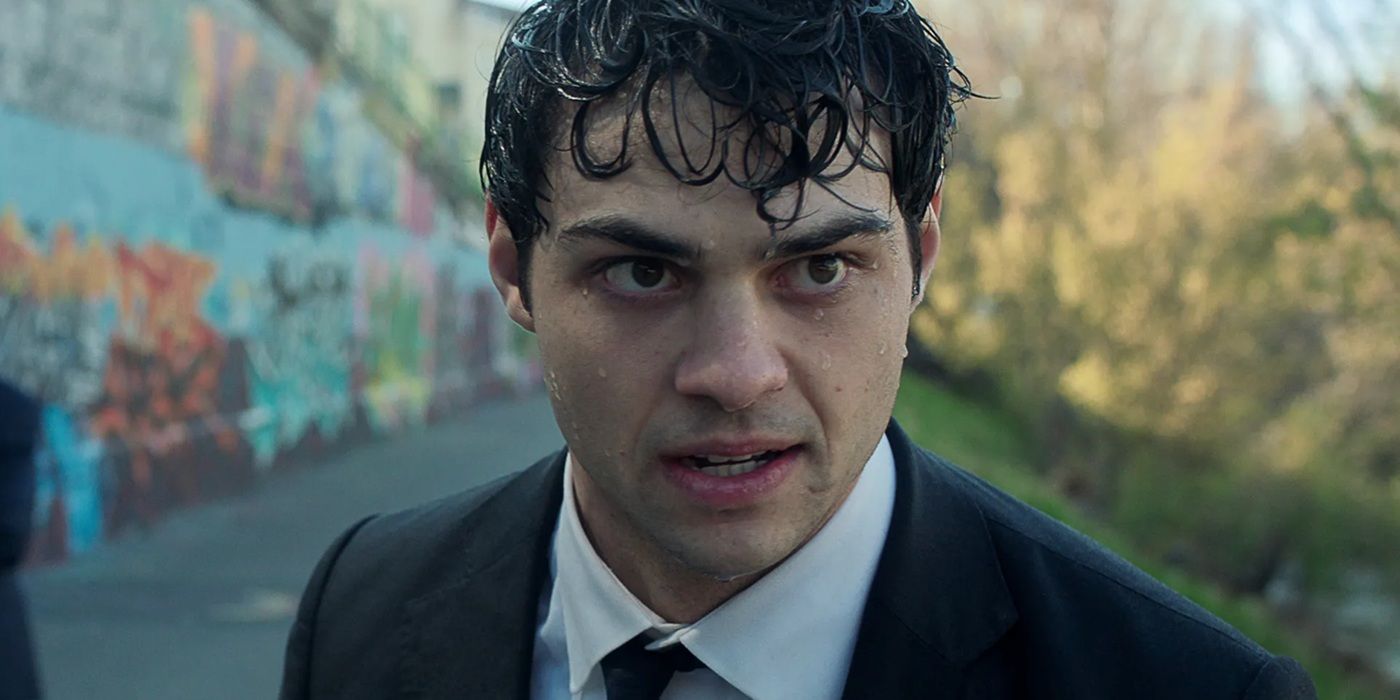


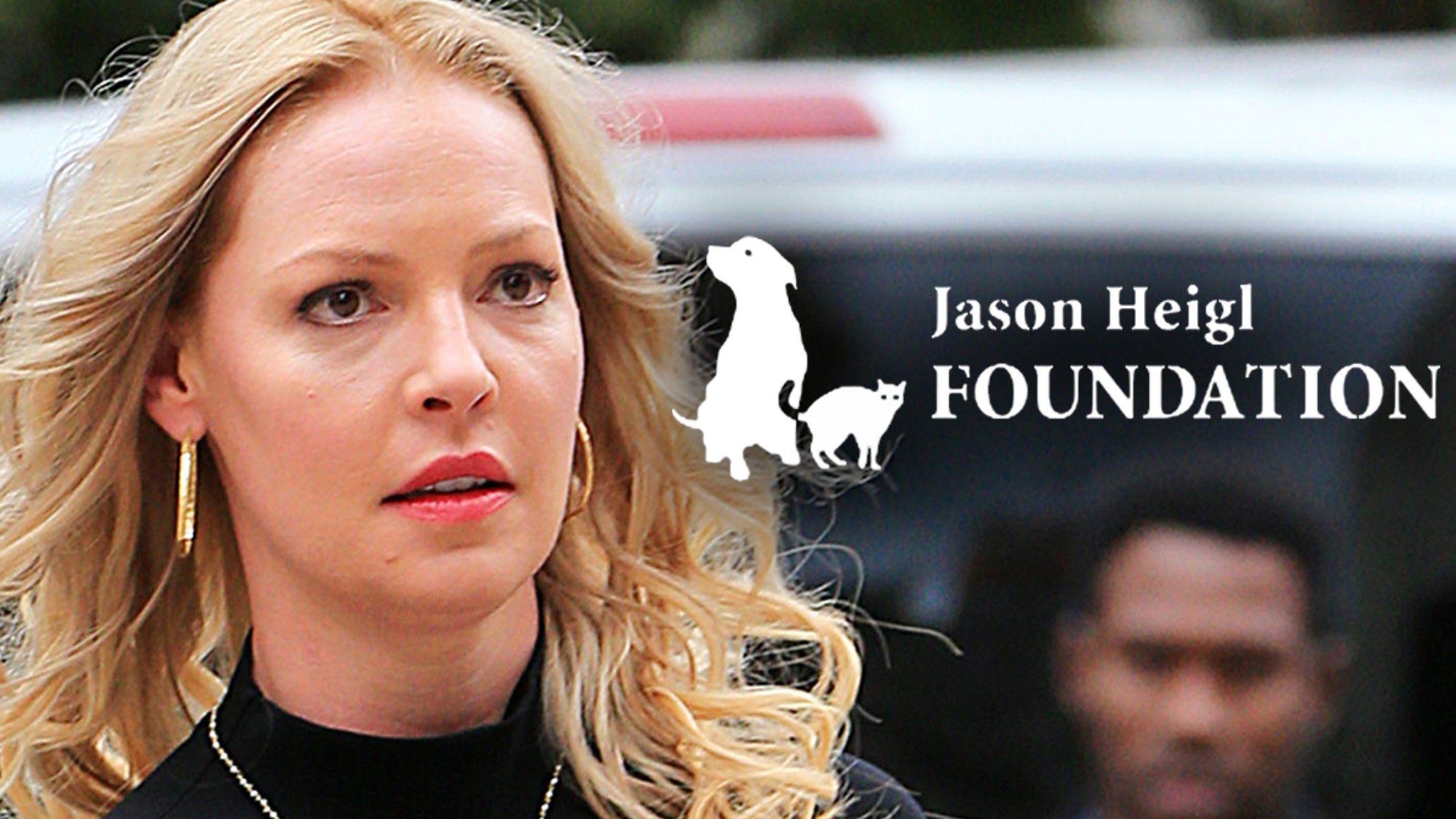
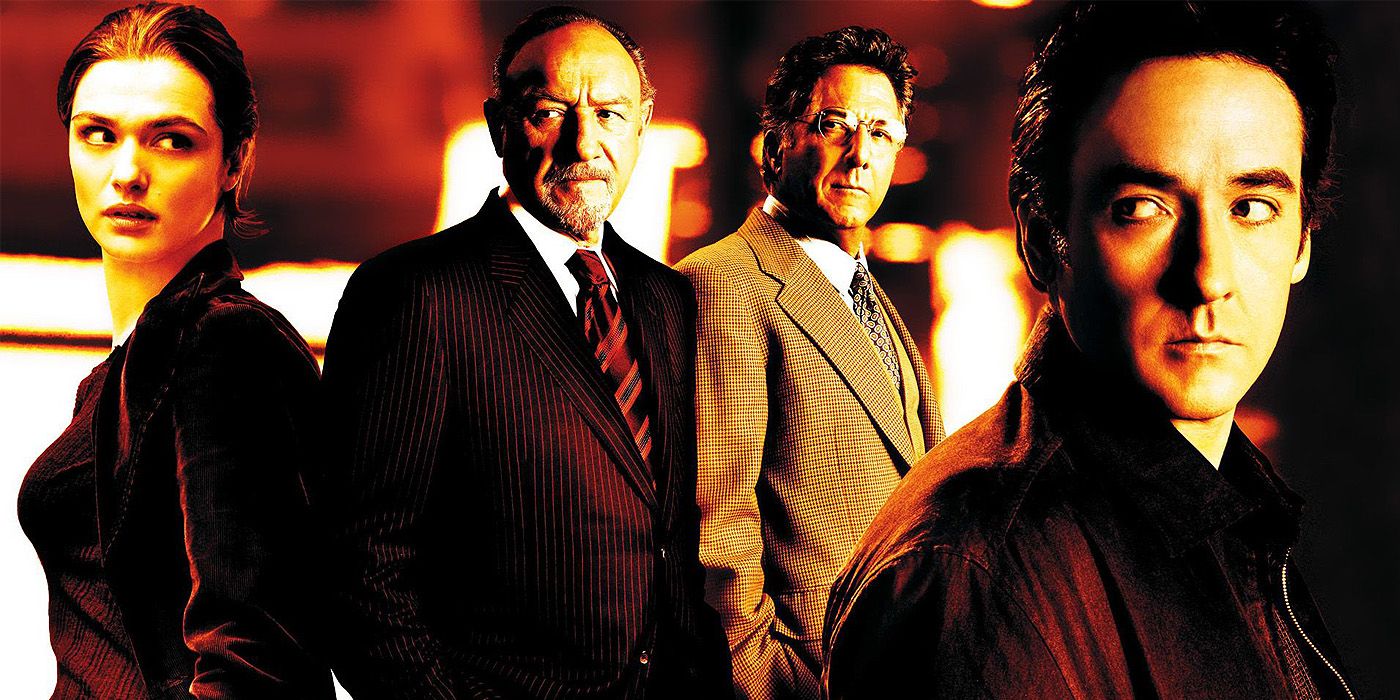
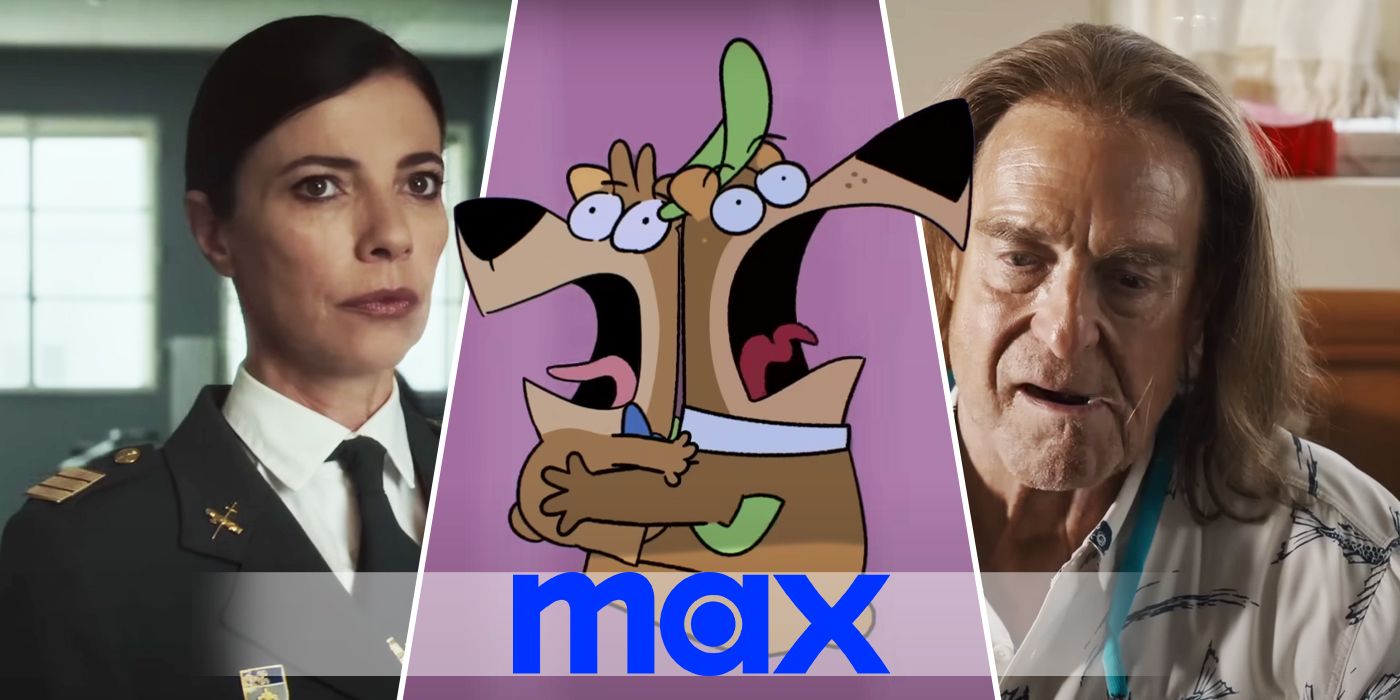

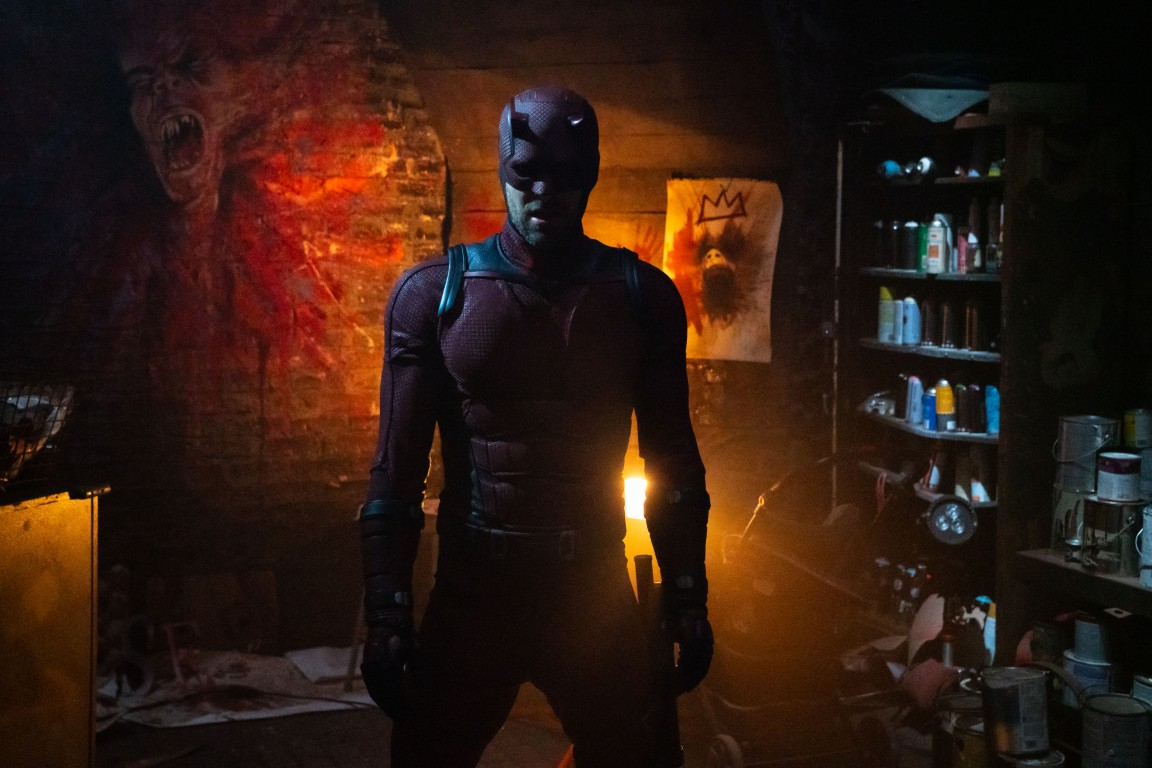
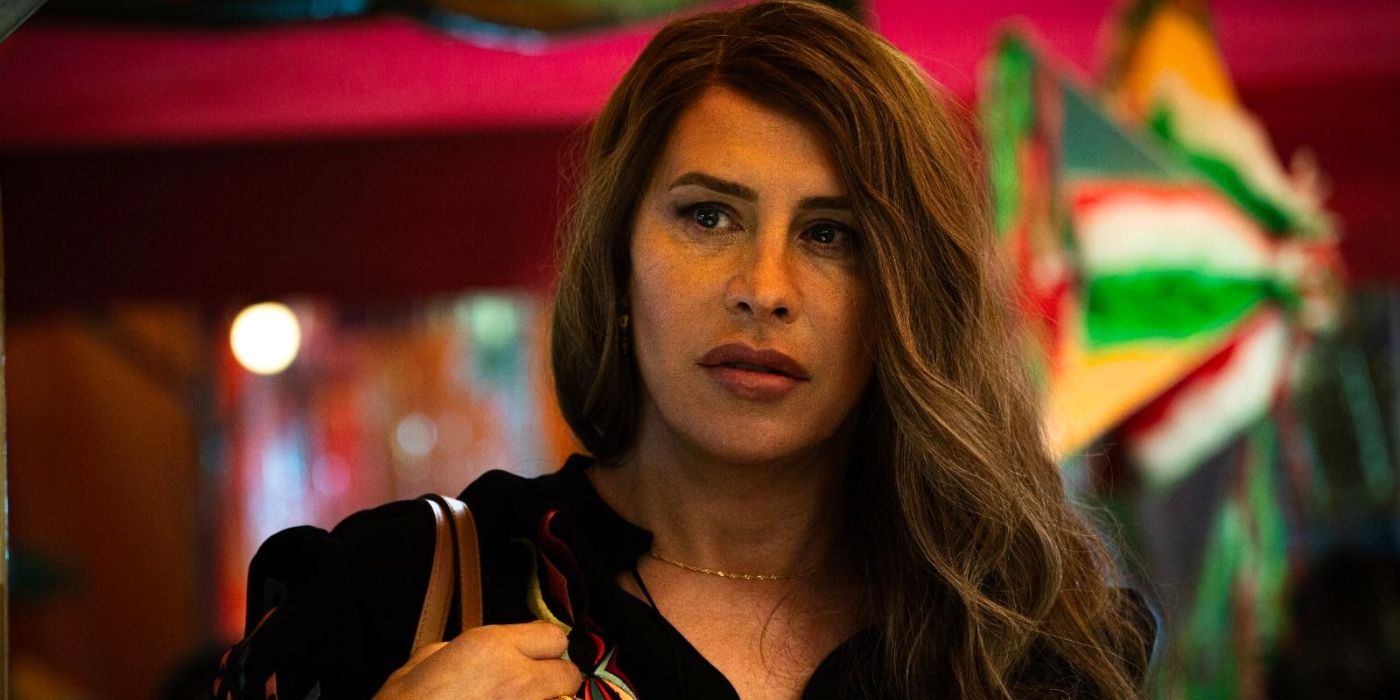


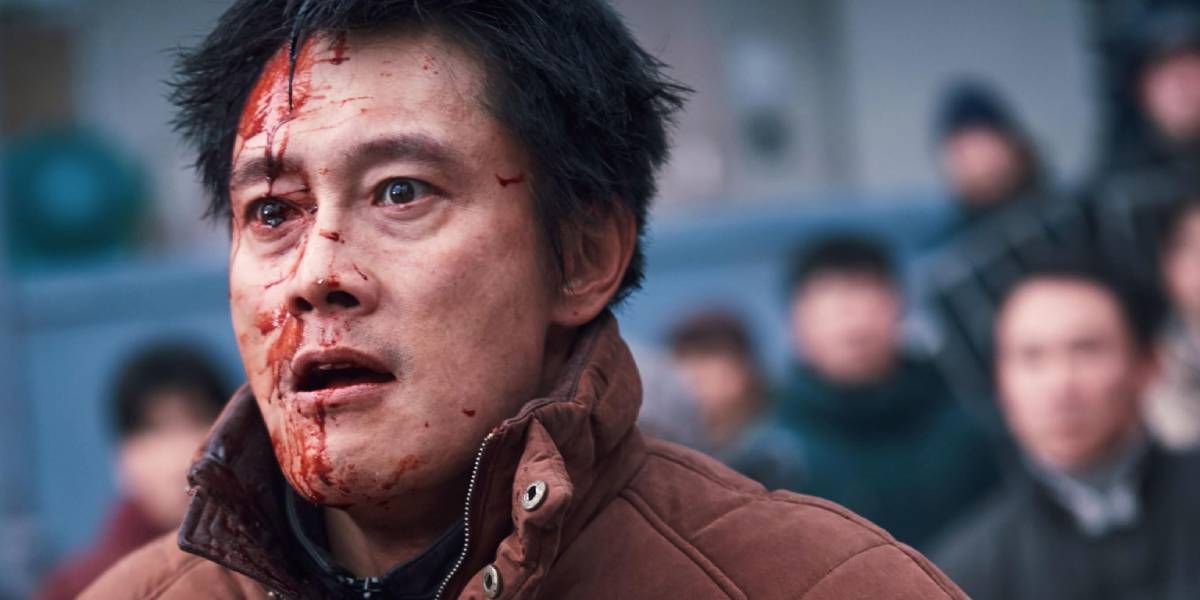


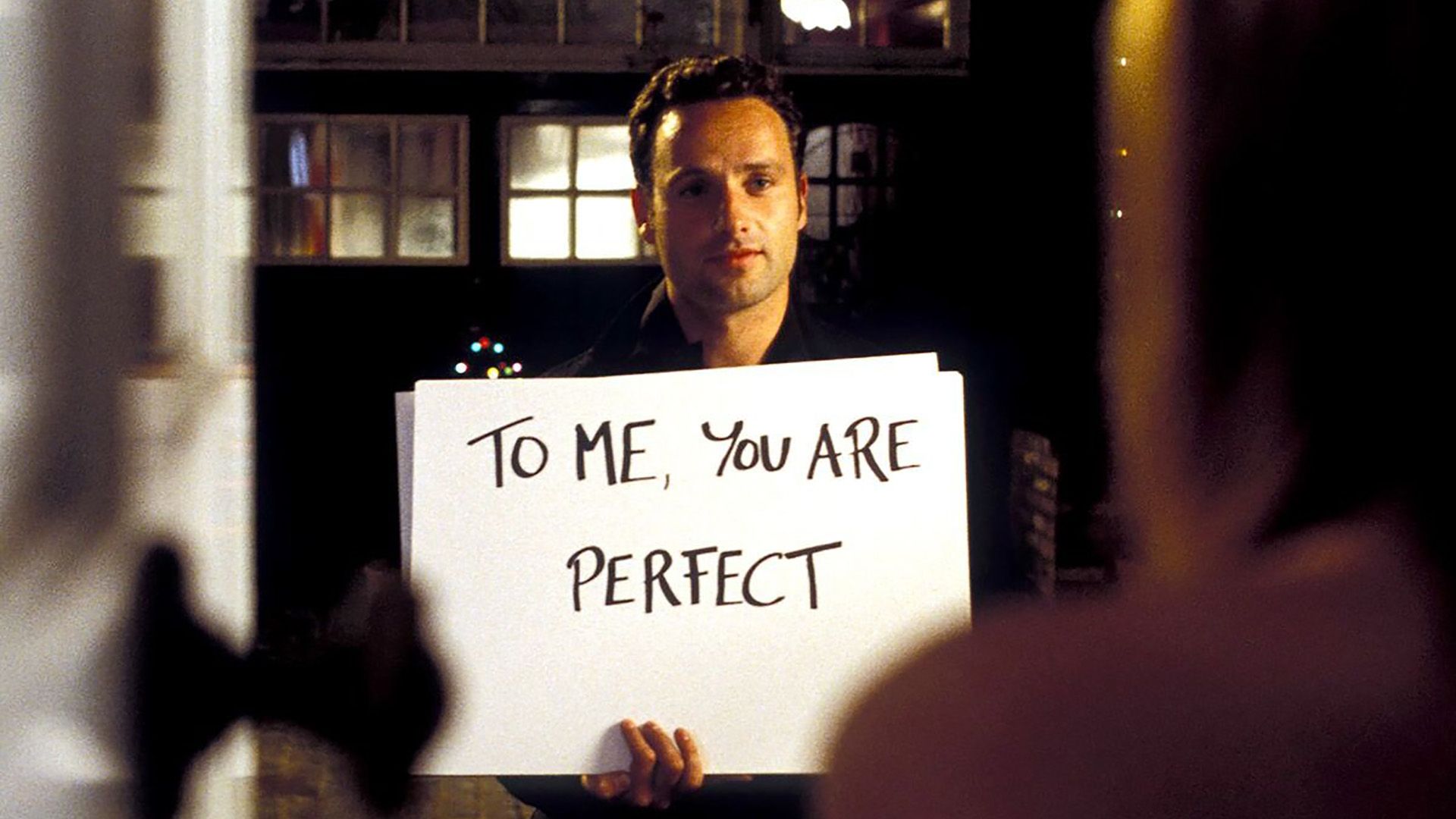


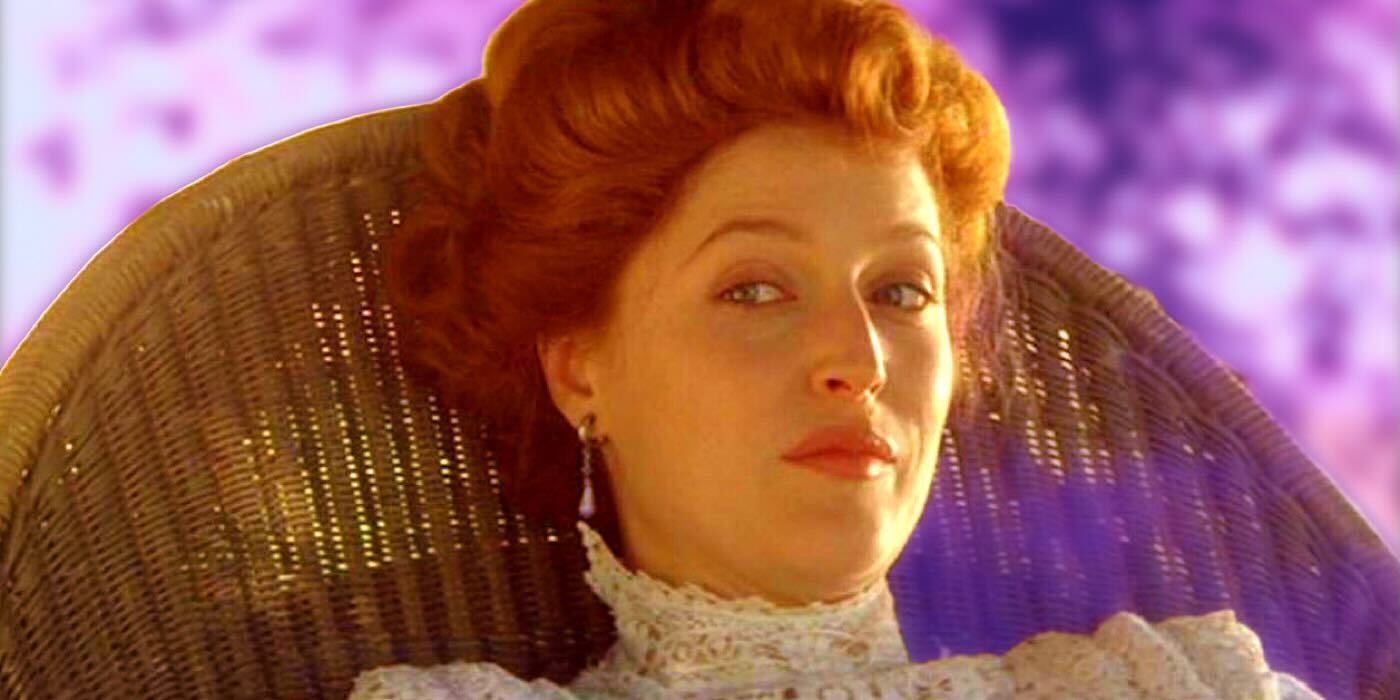

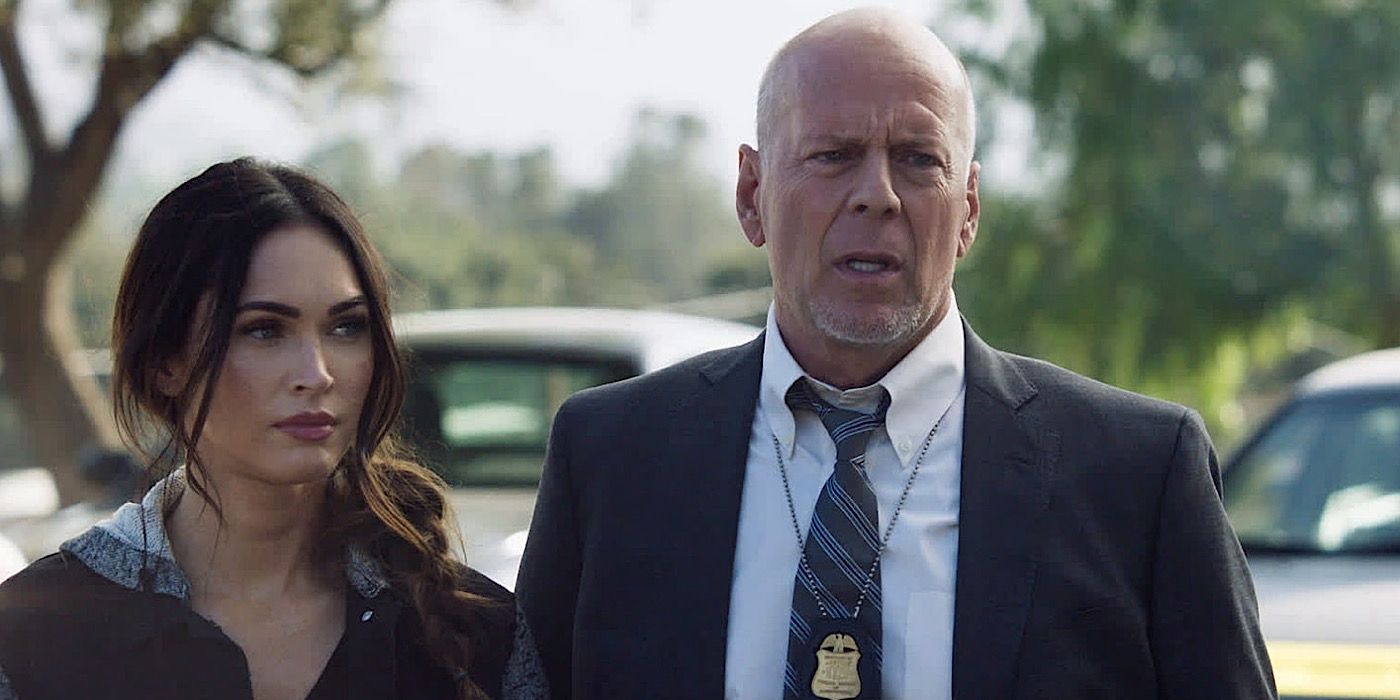








:quality(85):upscale()/2025/03/04/010/n/1922564/e4e30ef267c789a5161212.31191204_.png)
